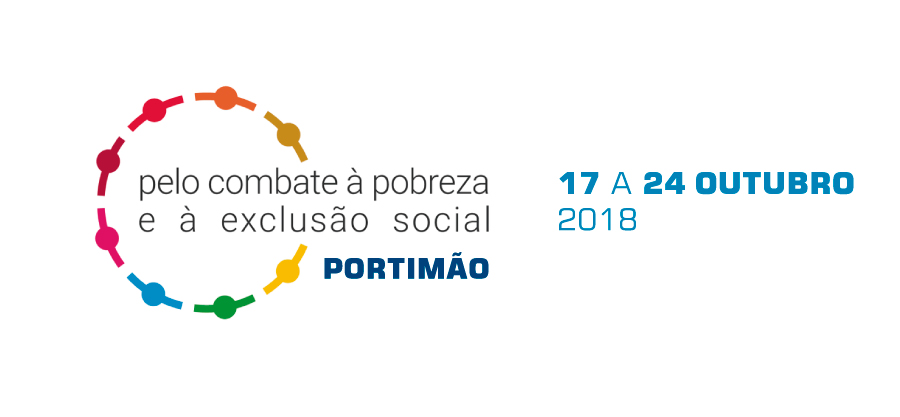The Portimão Council will join the national initiative “For Combating Poverty and Social Exclusion”, which runs until 24 October, and will make society aware of these issues, as human rights violations.
Na following the participation of the municipality of Portimo in the 1st Inclusion Policy Laboratory (“Policy Lab”), an initiative of the Portuguese Network of Intercultural Cities (RPCI), initiatives were launched that aim to alert the population to the theme of inclusion.
Tomorrow, Friday, from 18:30 pm, a “Mega Solidarity Zumba Class” will take place at Alameda da Praça da República, in partnership with the Beto Fitness Club gym.
This class, hosted by instructors Dalila Candeias, Soraia Camilo, Samantha Madeira and Saul Mauriciio, is open to the participation of all interested parties, who are invited to take food and/or hygiene items to help the poorest population in the municipality.
“The goods will be collected on site by members of two of the institutions of the Social Emergency Network, in this case “Caritas” and “Flor Amiga” and later distributed to the families indicated,” according to the Portimão City Council.
On the 24th of October, at 10:0 am, a debate on “Combating Poverty and Social Exclusion – present and future” will be held at a Manuel Teixeira Gomes Municipal Library.
The session will be attended by Marina Cardoso, teaching psychologist at Instituto Superior Manuel Teixeira Gomes (ISMAT), Manuela Santos, president of Cáritas Parish of Nossa Senhora da Conceição and member of Portimão, and Nuno Cabrita Alves, president of the Bank Food Against Hunger Algarve.
Currently, revealed the Municipality of Portimão, the Municipal Social Emergency Network supports more than 700 needy families, through services that «range the provision of prepared food (in canteens and social canteens in the municipality) and non-cooked ones (with the delivery of hampers of food products), to basic personal hygiene and housing products; laundry support, furniture, appliances and household items, nursing care and access to basic health care, financial support through occasional economic subsidies, and all kinds of necessary technical assistance».



















Comments